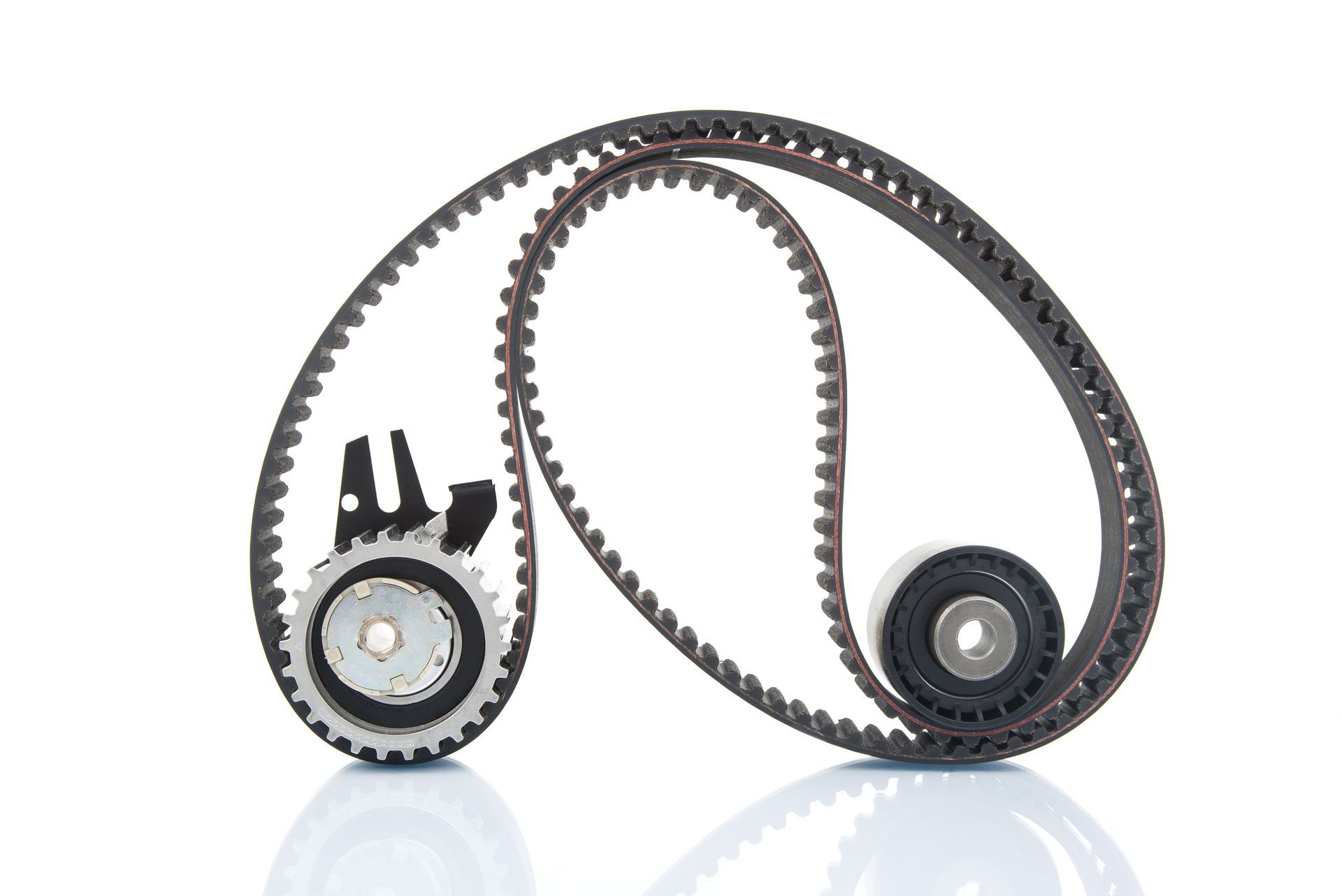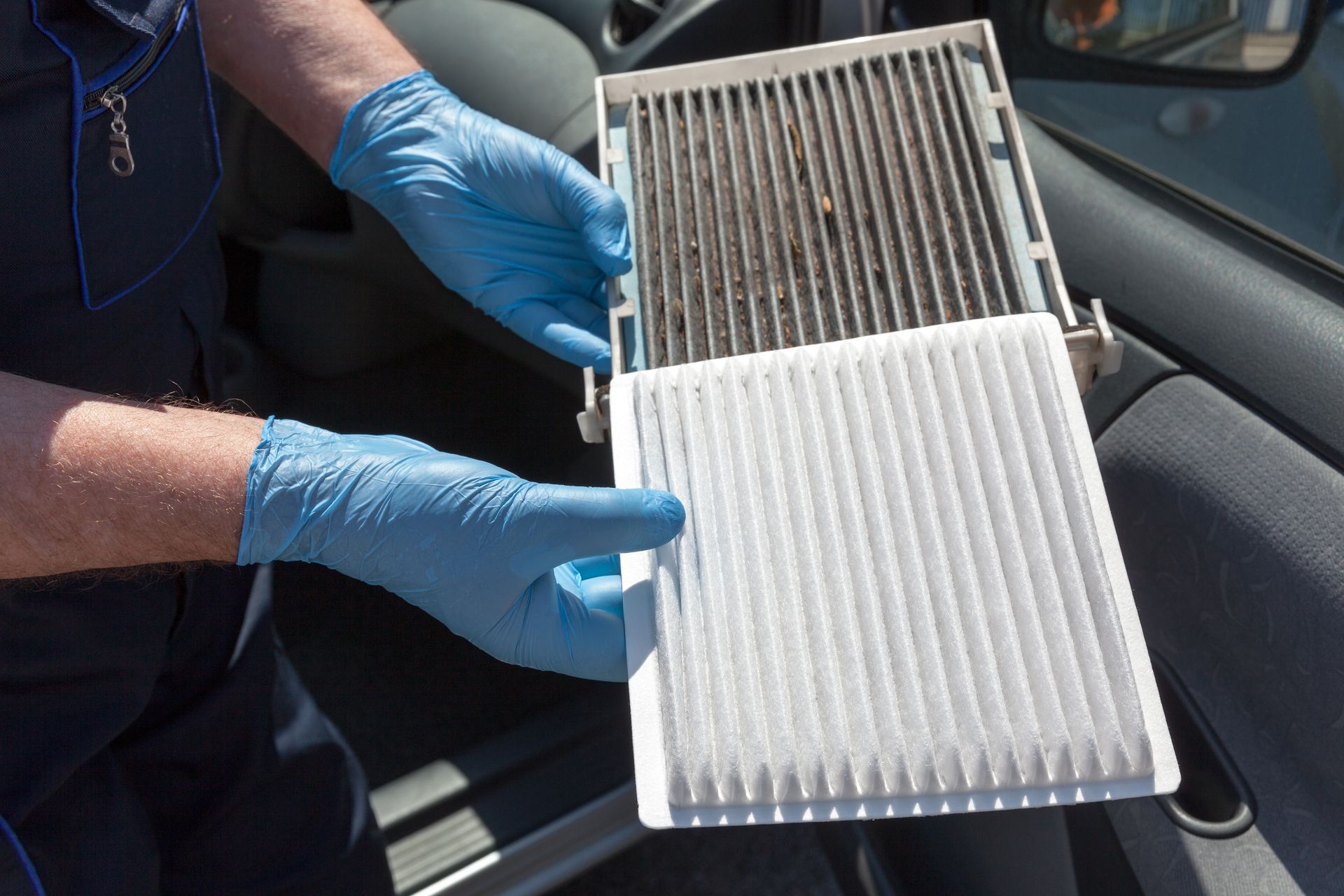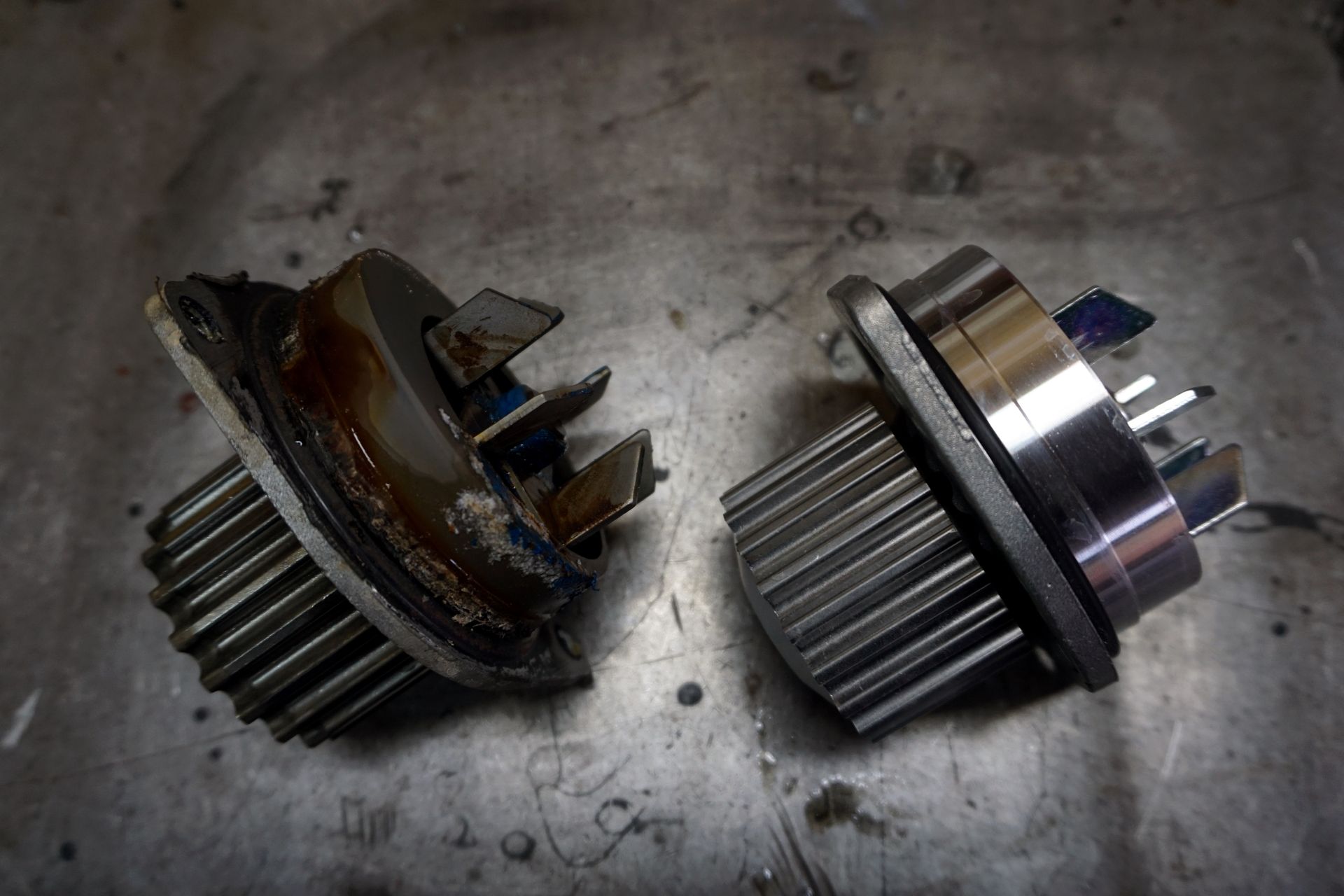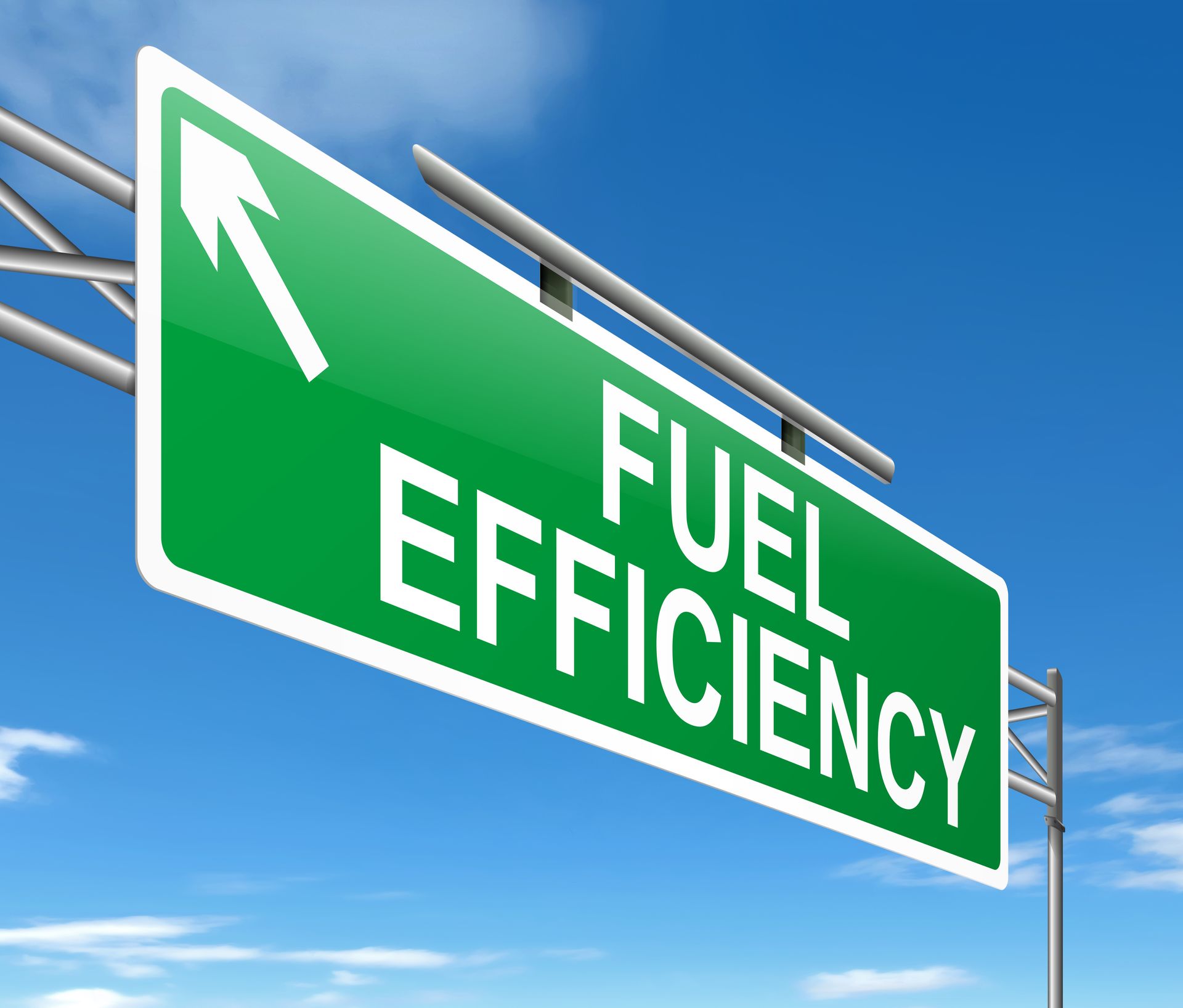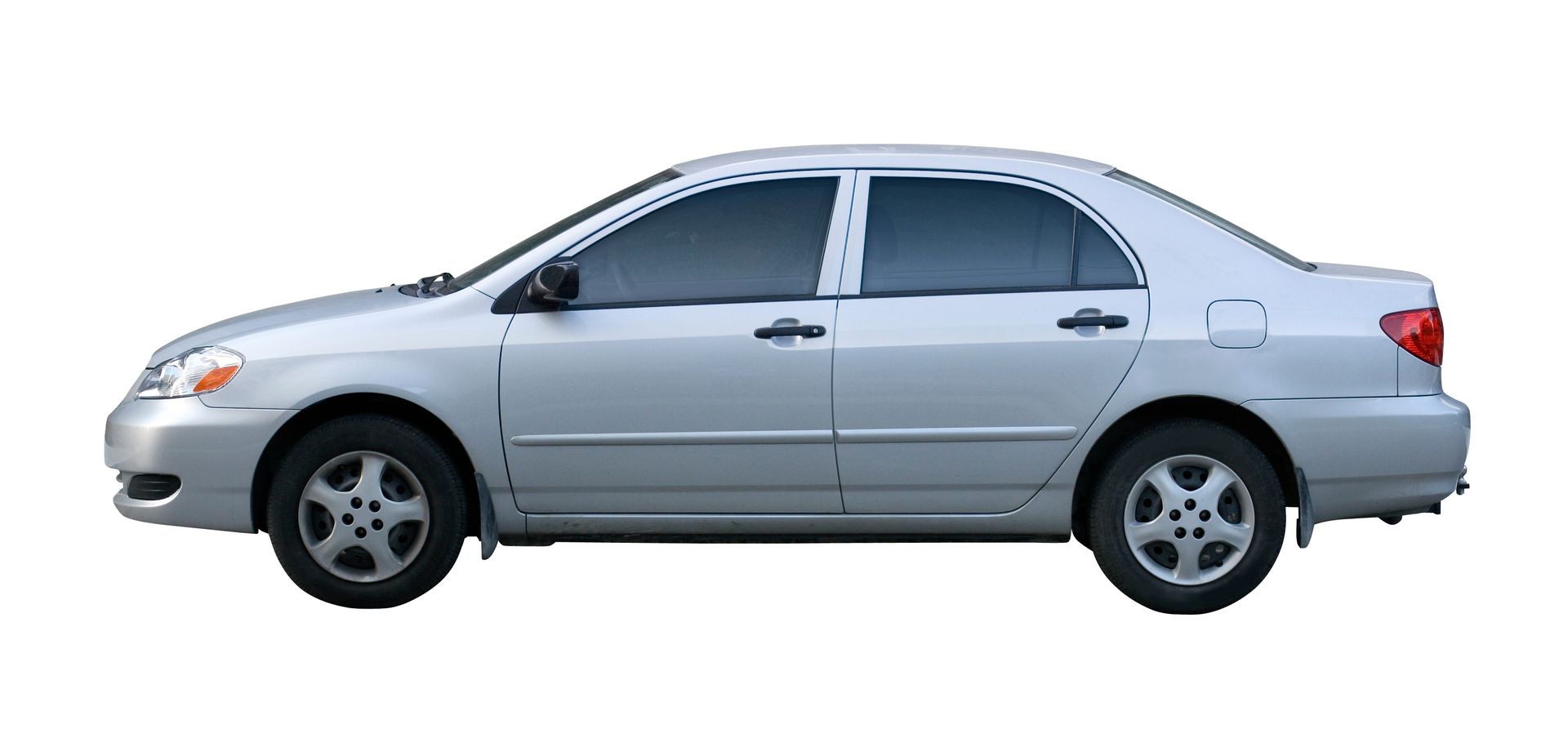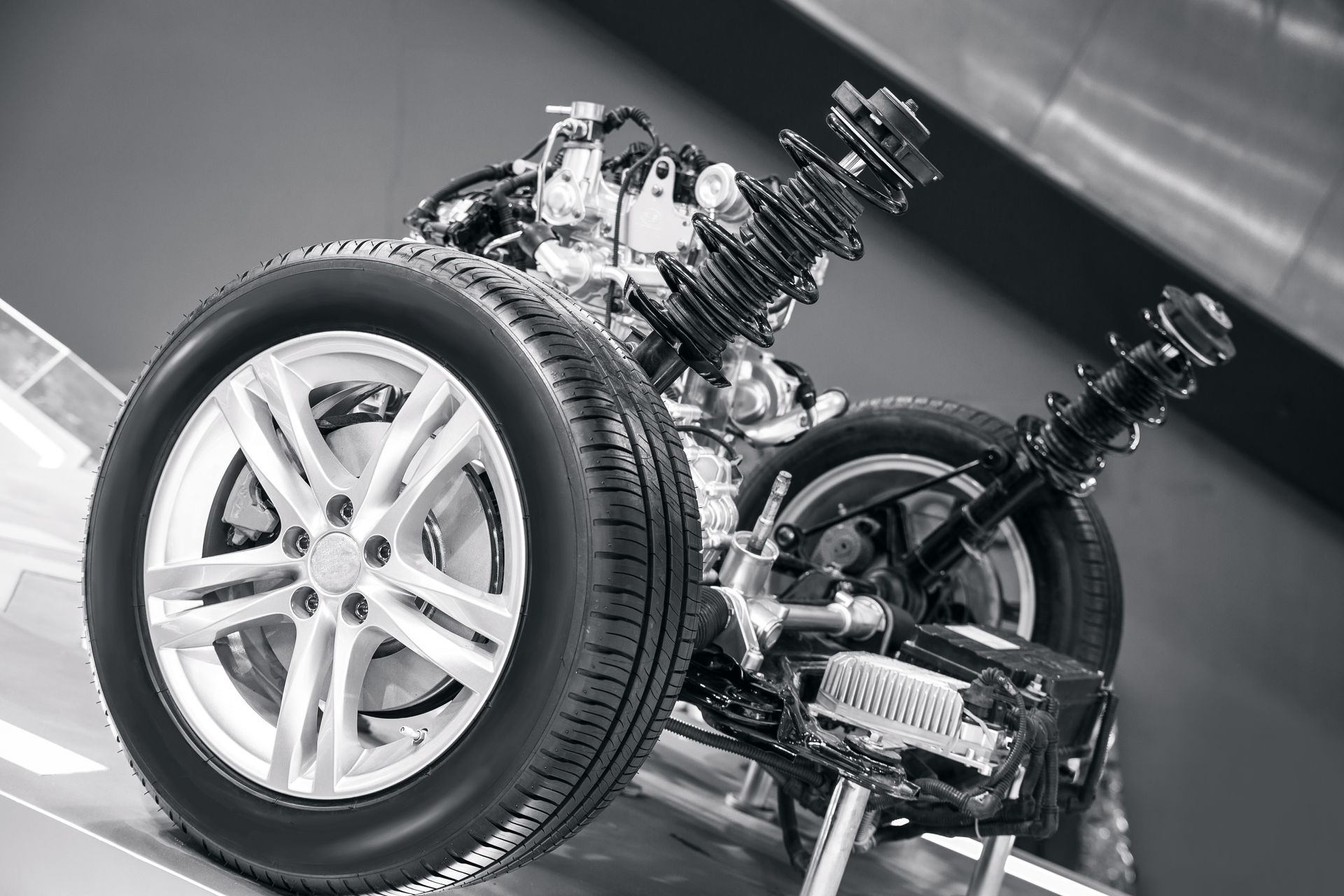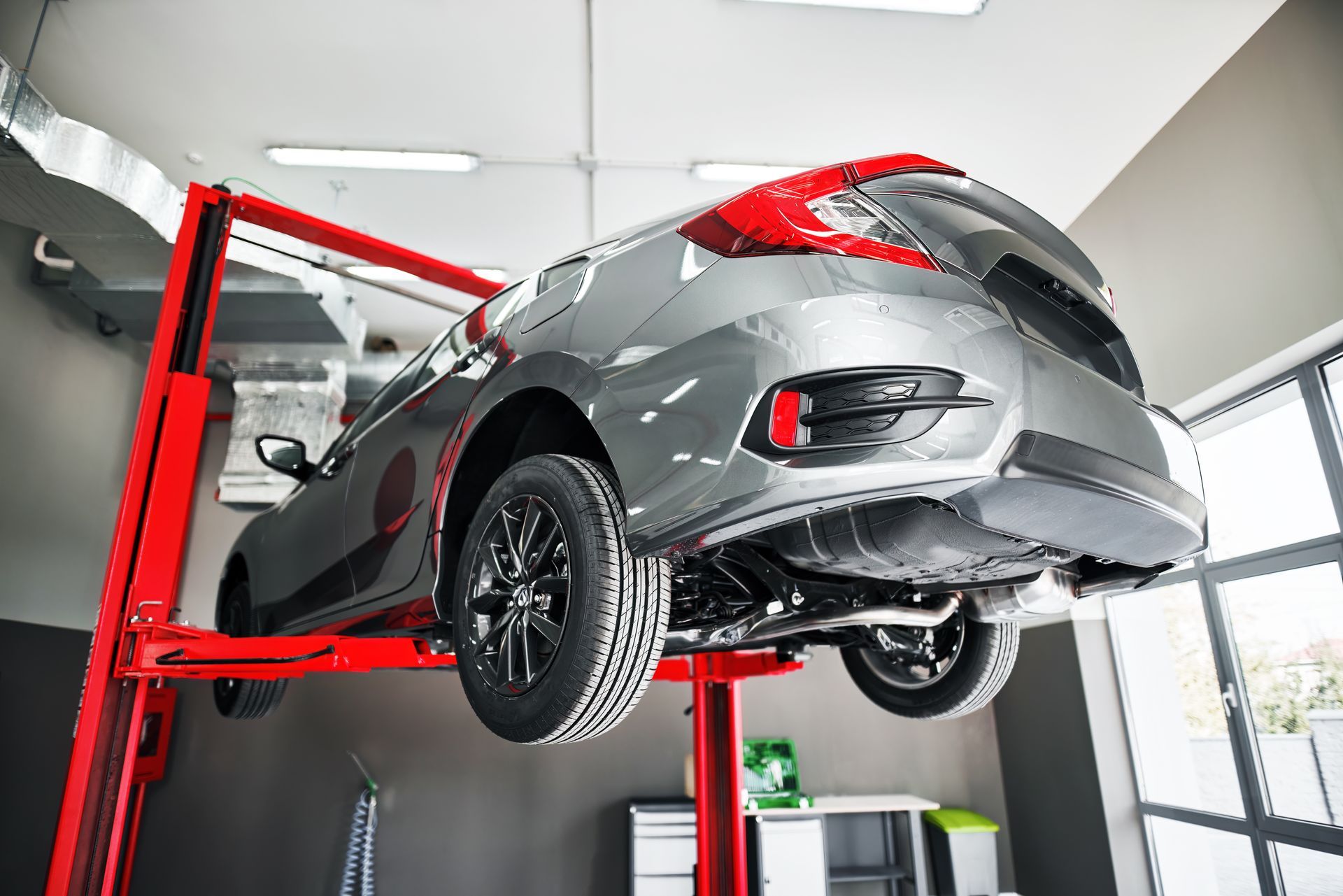Feeling your steering wheel shake while braking can be alarming. At first, it might seem like a minor issue—something to get used to. But a vibrating steering wheel is a sign that something is going on with your vehicle’s braking or suspension system. Ignoring it could lead to more serious problems or even compromise your safety.
If you're experiencing this kind of vibration, it’s time to look at what is causing it and how to fix it.
Warped Brake Rotors Are a Common Culprit
One of the most frequent reasons for a shaking steering wheel during braking is warped brake rotors. Your rotors are the smooth discs your brake pads clamp onto when you press the brake pedal. Over time, and especially under high heat, these rotors can develop uneven surfaces.
If a rotor is no longer perfectly flat, your brake pads can’t grip it evenly, which causes the vibration you feel in the steering wheel. This issue is more noticeable when braking at higher speeds and can worsen over time if not addressed. Heat from repeated heavy braking or improperly torqued lug nuts during wheel installation often leads to warping.
Worn Brake Pads Can Cause Uneven Contact
While rotors get most of the blame, worn or unevenly worn brake pads can also contribute to steering wheel shake. If the pads wear down unevenly, they won't apply consistent pressure across the rotor surface, creating pulses of vibration every time the brakes are applied.
Brake pad wear can occur from poor-quality materials, missed maintenance intervals, or a sticking caliper that causes one pad to wear faster than the other. If caught early, replacing the pads and resurfacing or replacing the rotors often resolves the problem.
Suspension or Steering Component Wear
Sometimes, the issue isn’t directly tied to the brakes at all. Worn suspension or steering components can create instability in the front end that becomes more noticeable under braking. Loose tie rod ends, worn ball joints, or bad control arm bushings can all contribute to a shaky steering feel.
When you brake, the weight of the car shifts forward, placing additional pressure on already worn components. That added force makes the vibration more pronounced than when you're cruising at a constant speed.
Wheel Alignment or Tire Imbalance
Improper wheel alignment and tire imbalance are often felt even when you're not braking, but the vibration can intensify when you apply the brakes. If your tires are out of balance or your wheels are misaligned, you might notice a steady shake that worsens under pressure.
Out-of-balance tires can also cause uneven tread wear, which contributes to inconsistent braking and steering feel. Ensuring your wheels are properly aligned and your tires are balanced is an easy way to eliminate one possible cause.
Brake Caliper Problems Can Create Uneven Pressure
In some cases, a brake caliper can stick or fail to retract properly after braking. When this happens, it causes continuous pressure on the rotor even when you're not pressing the brake pedal. This can generate excess heat and lead to warped rotors, uneven pad wear, and, eventually, steering wheel shake.
A stuck caliper often causes the car to pull to one side or produce a burning smell from the affected wheel. It’s a more serious issue that should be diagnosed and repaired quickly to avoid further damage.
Steveo’s Garage – Brake and Steering Repair in Peoria, AZ
At Steveo’s Garage in Peoria, we take brake and steering issues seriously. If your steering wheel shakes when you slow down, don’t ignore it—let our team find the exact cause and get you safely back on the road. Whether it’s your rotors, pads, suspension, or calipers, we’ve got the tools and experience to fix it right.
Book your inspection today and drive with confidence.
